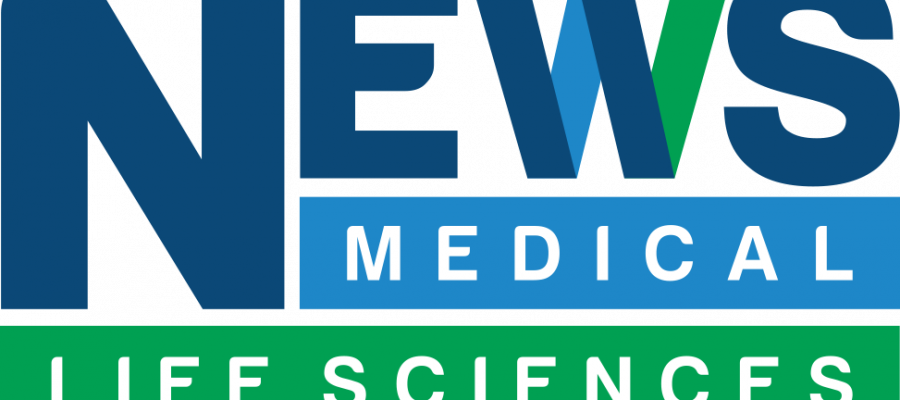Most services for sexual assault survivors focus on the survivor. A UW Medicine researcher is studying a new program that instead focuses on survivors' friends, family and other supporters.
The CARE Program is designed to assist a survivor of recent sexual assault by giving their chosen supporter skills to help with the healing process.
I think we can all look back on a time in our life where we were going through something difficult and we didn't get the kind of support that we needed. I think all of us can appreciate how much more difficult that would be after something like sexual assault."
Emily Dworkin, assistant professor of psychiatry and behavioral sciences, University of Washington School of Medicine and study's principal investigator
"A lot of the time, the people around us want to help, but just aren't sure how."
Dworkin's experience as a rape crisis advocate inspired her to create the CARE Program, which involves two confidential, video-based appointments via computer or smartphone. Survivors and supporters enroll together in the study, which is evaluating the program's effectiveness. (Study link: https://clinicaltrials.gov/ct2/show/NCT05345405)
"The supporter can be anybody in their life who already knows about the assault and is able and willing to provide them good support moving forward," Dworkin said.
The first session, which must happen within 10 weeks of the sexual assault, is hosted by an expert who teaches support skills and provides a workbook to help the pair practice their skills over the next two weeks. The follow-up session involves meeting with the expert again to discuss how the skills practice is going.
Some supporters attend the two sessions alone while others attend with the survivor; the study is examining whether one approach is more effective.
CARE is based on an earlier program in which survivors of a traumatic injury or illness paired up with a supporter of their choice. A study of this earlier program found that none of the participating survivors had PTSD two years after the trauma, compared with 26% of survivors who did not have access to the program.
"What we wanted to do (with CARE) was give survivors and their support people an opportunity to learn some skills that would help that process of communicating in ways that support the survivor's recovery," said Dworkin.
The CARE Program is being offered in English and Spanish. Survivors and supporters ages 14 and older are eligible to take part in the study. The study is designed for survivors of a sexual assault, defined as unwanted sexual contact without consent, which has occurred within the past 10 weeks.
Participants will receive compensation in this confidential research study, which is being conducted by the Program for Trauma Recovery Innovations in partnership with the Harborview Abuse and Trauma Center.
University of Washington School of Medicine/UW Medicine
Posted in: Medical Research News | Healthcare News
Tags: Clinical Trial, Medicine, Psychiatry, Research, Trauma
Source: Read Full Article
